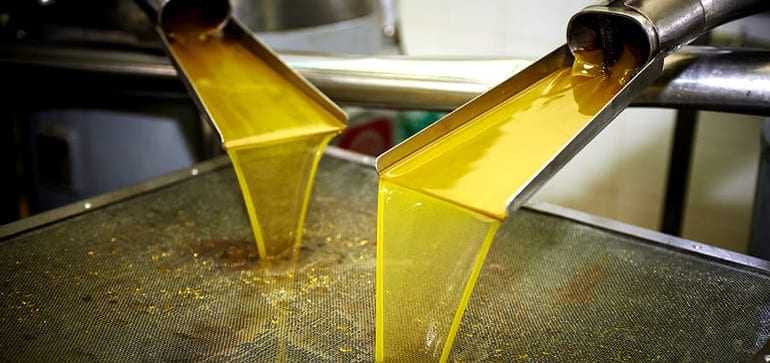
According to Moroccan researchers olive mill wastewater is not only rich in phenolic compounds (a type of antioxidant), but these compounds are highly bioavailable. Bioavailability refers to the proportion of a nutrient that is absorbed from a dietary source.
Abdelilah El Abbassi from Cadi Ayyad University in Morocco along with Hanaa Zbakh from the University of Seville in Spain, conducted an overview of key research associated with the phenolic content of olive mill waste (OMW) and its health promoting activities, as well as the impact of processing and storage on its composition, safety and the bioavailability.
 Based on their review, published in the Journal of Functional Foods, the authors noted that phenolic compounds of OMW are highly bioavailable and safe, showing the potential for use in food and beverages. Furthermore they believe that since OMW is rich in antioxidants, adding it to beverages can have a significant impact on the health of the population, reducing the incidence of cardiovascular and chronic degenerative diseases.
Based on their review, published in the Journal of Functional Foods, the authors noted that phenolic compounds of OMW are highly bioavailable and safe, showing the potential for use in food and beverages. Furthermore they believe that since OMW is rich in antioxidants, adding it to beverages can have a significant impact on the health of the population, reducing the incidence of cardiovascular and chronic degenerative diseases.
This “waste” however cannot be treated as such; El Abbassi and his colleagues stress that if these by-products from olive processing are to be used in beverages, they must be processed and stored appropriately in order to minimize loss of phenolic compounds.








